category default
In February 2025, the Malawi Defense Force (MDF) deported eight Ethiopians who had been arrested during their second raid on Dzaleka Refugee Camp in October 2024. Despite strong evidence suggesting that these individuals were part of a larger human trafficking network, they were held for months at Kamuzu Barracks before being deported. The MDF spokesperson […]
On May 17th, 2023, the Malawi Government initiated the forced relocation of refugees from cities and towns back to Dzaleka Refugee Camp in Dowa. This exercise was marred by numerous human rights abuses against the refugees, including beatings, rape, extortion, and theft, among other atrocities from which the refugees have yet to recover. The relocation […]
Inua Advocacy has submitted an appeal to the African Union (AU) Human Rights Commission, specifically addressing the AU Special Rapporteurs on Human Rights Defenders and on Refugees, regarding the unresolved human rights violations against refugees, asylum seekers, and refugee rights advocates in Malawi. Inua Advocacy has been directly targeted, facing harassment, bans, and threats that […]
The Malawi Defence Force (MDF) conducted another raid at Dzaleka Refugee Camp, three months after a similar operation on 17 July 2024, targeting human trafficking within the camp. While the recent raid resulted in the detention of over 250 individuals, it has also raised concerns due to reports of human rights violations, including mistreatment of […]
The Commissioner for Refugees recently admitted the presence of firearms in Dzaleka Refugee Camp and the rising human trafficking activities that pose a threat to national security. He disclosed severe manpower shortages, with just one security officer and four guards managing a camp of approximately 56,000 refugees and asylum seekers, along with 15 police officers […]
The Government of Malawi has extended parametric insurance coverage to refugees, supported by the African Risk Capacity Group and the KfW Development Bank, resulting in a payout of US$407,668. This initiative addresses the El Niño-induced drought that affecting the whole country including Dzaleka Refugee Camp and the Dowa district. Malawi’s model, the first in Africa […]
On the night of July 17th, there was two hours of continuous gunfire at the Dzaleka Refugee Camp. The disturbance was initially believed to be a police raid on Ethiopian-run human trafficking operations, but it was later confirmed as an operation by the Malawi Defense Force (MDF). WhatsApp audio messages from Dzaleka residents indicate that […]
On May 17th, we commemorated the one-year anniversary of a brutal refugee relocation exercise enforced by the Malawi Government. This operation forcibly moved 2,296 refugees and asylum seekers, including 765 families, to the overcrowded Dzaleka Camp, which now houses over 56,000 refugees despite a capacity for only 12,000. Documented human rights abuses during this relocation […]
On April 27th, we celebrate our third anniversary at Inua Advocacy with renewed dedication to safeguarding the rights of refugees and asylum seekers in Malawi. It’s a momentous occasion that fills us with gratitude towards all our partners, funders, and the resilient refugee community, and we hope to see the implementation of the Comprehensive Refugee Response Framework […]
On March 11th, 2024, violence erupted at Dzaleka Refugee Camp between Ethiopian and Congolese nationals. The incident resulted into the vandalism of several homes belonging to Ethiopians and left several Congolese wounded from machete and knife attacks allegedly by Ethiopian assailants. These tensions date back to December 2023 when internal strife arose within the Ethiopian […]
2023 was a year of immense challenges for refugees in Malawi. Forced relocations, funding cuts and human rights abuses threatened their basic well-being. But in the face of adversity, Inua Advocacy emerged as a beacon of hope, securing powerful victories against the odds. Our annual report highlights our achievements which include successful legal representation for 44 people for whom we prevented deportations, secured releases and advocated for due process.
Following the relocation of refugees to Dzaleka, many of them are struggling to fend for themselves and their families as they rely on $5 (about K10 500) monthly food allowance from the World Food Programme (WFP). It is not surprising therefore, that some of them have started returning to the communities in both rural and […]